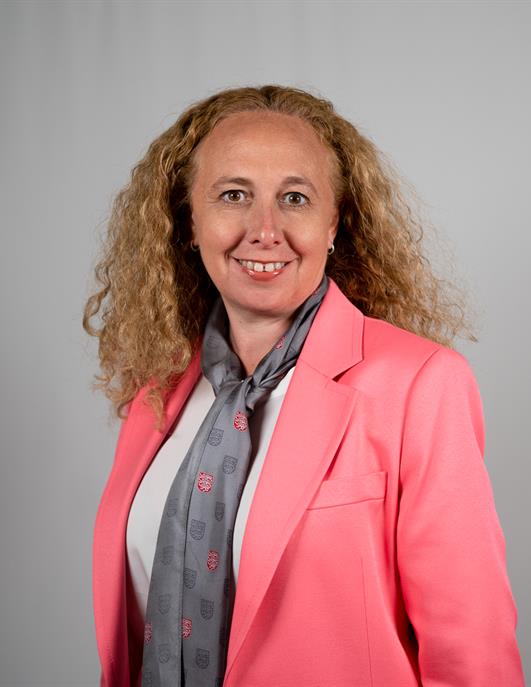


An extra £6.1m in funding is to be provided to schools this year as part of a new system that identifies establishments with the greatest need – two years after a pair of school governors revealed the previous funding formula was leaving schools struggling to make ends meet.
The new formula, which includes a six-grade marking system, takes account of factors including special educational needs, having English as a first language and whether pupils come from low-income households.
A previous 'weighting' system, in use up to – and including – 2021, had a greater focus on factors unrelated to pupils such as building maintenance and teacher salaries.
This previous system was the subject of much controversy. Appearing before the Children and Education Scrutiny Panel in late-2021, Haute Vallée governors handed back a poster with the Government's 'putting children first' pledge after headteachers had discovered non-fee-paying schools were being underfunded by £23m as they put together a plan to update the 1992 funding model.
At the time, current and former Chairs of the school’s Board of Governors Philip Le Claire and Phil Horsley said they were left “speechless” when then-Education Minister Deputy Scott Wickenden told them at a long-awaited meeting that the current funding “pot is the pot” and that there were no plans to correct this.
Published at the end of last week, the new funding formula applies to all government-funded schools with the exception of Jersey College for Girls, Victoria College, Beaulieu School and De La Salle College, which continue to use the previous weighting model.
WATCH: The moment the Chair of Haute Vallée's Board of Governors handed back the 'putting children first' pledge in October 2021.
Children and Education Minister Inna Gardiner welcomed the updated funding formula.
She said: “This represents a meaningful change in delivering a more inclusive education by, amongst other changes, targeting funding more closely on the needs of individual pupils.
“This funding formula and increased investment will not change schools overnight – however, it underpins all the other work we are doing to support schools and pupils, including developing an Inclusion Vision and Charter, and ongoing work to hire and retain the staff we need.
“We anticipate that we still start to see change over the coming years as this funding reaches schools who can put in place the measures that will support all their children to achieve the best possible outcomes.”

Pictured: Children and Education Minister Inna Gardiner said that the new funding "represents a meaningful change in delivering a more inclusive education".
Seven government-funded schools (out of 36) were assessed as having 'significant' need, the greatest level of the six grades: D'Auvergne, Plat Douet, Rouge Bouillon and Samarès primaries, plus Grainville, Haute Vallée and Le Rocquier secondaries.
Four more schools were assessed as 'high' need, the second level: First Tower and Grouville primaries; plus Beaulieu and Les Quennevais secondary.
Increased funding, which is £6.1m higher than in previous years, will be used for the provision of staff who will support inclusion, as well as targeting pupils with the greatest need.
Read the full school funding formula report HERE.
Comments
Comments on this story express the views of the commentator only, not Bailiwick Publishing. We are unable to guarantee the accuracy of any of those comments.